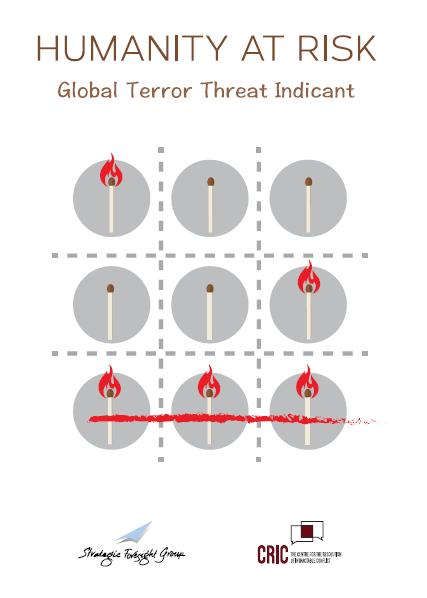The Chinese Element in the Korean Equation
|
|
June, 2010
By Sahiba Trivedi
|
Chinese diplomats are currently engaged in pacifying both North and South Korea, poised at a stand off. The fragile armistice between the two Koreas was shattered when a South Korean warship was torpedoed in March this year, resulting in a death toll of 46 people. South Korea accused North Korea of carrying out the attack; North Korea took an aggressive stance, rejecting the accusations and threatening war against its neighbour. Since China is a traditional ally of North Korea and is a major powerbroker in the region, it has taken the lead in de-escalating the tension in the Korean peninsula. Although Beijing seems to be refraining from any drastic measures at present, due to its ambitions of becoming a global power, it may eventually agree to sanctioning the North Korean regime in case its carefully constructed strategy of diplomacy, negotiations and tough rhetoric fails.
This is not the first time that North Korea is facing opposition from other nations. It has repeatedly conducted missile and nuclear tests in the past, much against the wishes of the international community. However, China�€™s approach to resolving differences with North Korea so far has differed significantly from the Western approach of sanctions. Given its inherent dislike of sanctions, China has instead resorted to negotiations in a bid to settle disputes. It had managed to coax North Korea into coming to the table for the Six Party talks towards its nuclear disarmament.
The US is especially interested in using Beijing�€™s leverage with Pyongyang in resolving this crisis as well as in the nuclear disarmament of North Korea. They have recognized that the Chinese have vested interests in maintaining the peace balance in the region.
After the March incident, China has been pressurized by the international community to condemn North Korea�€™s actions. China, however, is playing its hand very cautiously. So far, it has refused to join the chorus of accusations against North Korea in a bid to avoid antagonizing the country. It is holding dialogue with Japan and South Korea to work out a solution to the stand off that may preserve peace in the region. It is also holding back channel dialogues with North Korea.
China is interested in bolstering North Korea through economic encouragement and political alliance. It is North Korea�€™s biggest trading partner. Its annual trade with North Korea is about USD 3 billion. China also gives a lot of aid to North Korea including food and fuel. In turn, Pyongyang provides Beijing with access to port facilities in the Sea of Japan, cheap labour and raw materials. China is afraid of any action against North Korea that may destabilize the military regime and cause millions of refugees to come pouring into China from North Korea. Also, if the North Korean regime fails, and the Koreas unite, China may lose significant influence in the region since Seoul has US backing. North Korea provides a sort of buffer to China as US troops are stationed in South Korea.
On the other hand, it cannot afford to antagonize Seoul either. China and South Korea are important trading partners, with their annual trade reaching USD 200 billion. Apart from being a major trading partner to China, South Korea is also a powerful nation in Asia. China�€™s diplomatic push towards a new international image of a global superpower warrants that Seoul and Beijing remain partners.
Hence, China cannot afford to forego peace in the region, which means that it cannot allow either of the Koreas to push the situation to the brink of an actual war. It cannot push North Korea too much due to its unpredictability and belligerence. So initially, it may try to use its leverage with Pyongyang to placate it into abandoning its threatening stance. In recent years, China has gone against its traditional policy of defending its allies to the world community and actually agreed to sanctions against them. This has in part, been driven by its changing international role. It had agreed to the sanctioning of North Korea in the past and earlier this year, China finally agreed to UN sanctions against its historical ally, Iran. Post the sinking of the South Korean warship, China has maintained a cautious stance, but it has made it clear that it will not protect anyone if found guilty through its independent investigations.
China also has to placate key nations in the region like Japan that have sided with the South Koreans. It has to prove to the world that it is still a major power broker in the region and that it is an emerging global superpower. If the Chinese diplomacy fails to coax North Korea into stepping down from its current aggressive stance, it may have to agree to UN sanctions against the nation. In such a situation, China may try to cajole South Korea and Japan into agreeing to less stringent conditions against North Korea. At the moment, China seems to be buying time in a bid to allow both parties to cool off, so that both the sides can be brought to the negotiating table.
Related Publications
Related latest News
Related Conferences Reports
-

P5 Experts Roundtable on Nuclear Risk Reduction
Download:Geneva Roundtable Report
-

Roundtable on Global Security and Catastrophic Risks
Download:Report on RT revise





